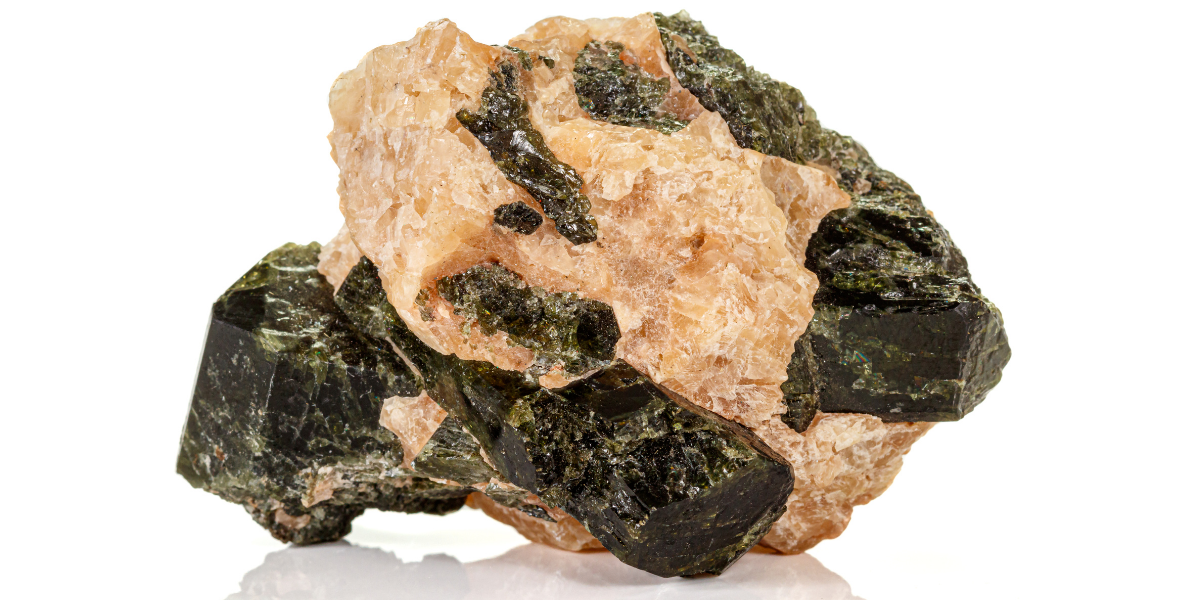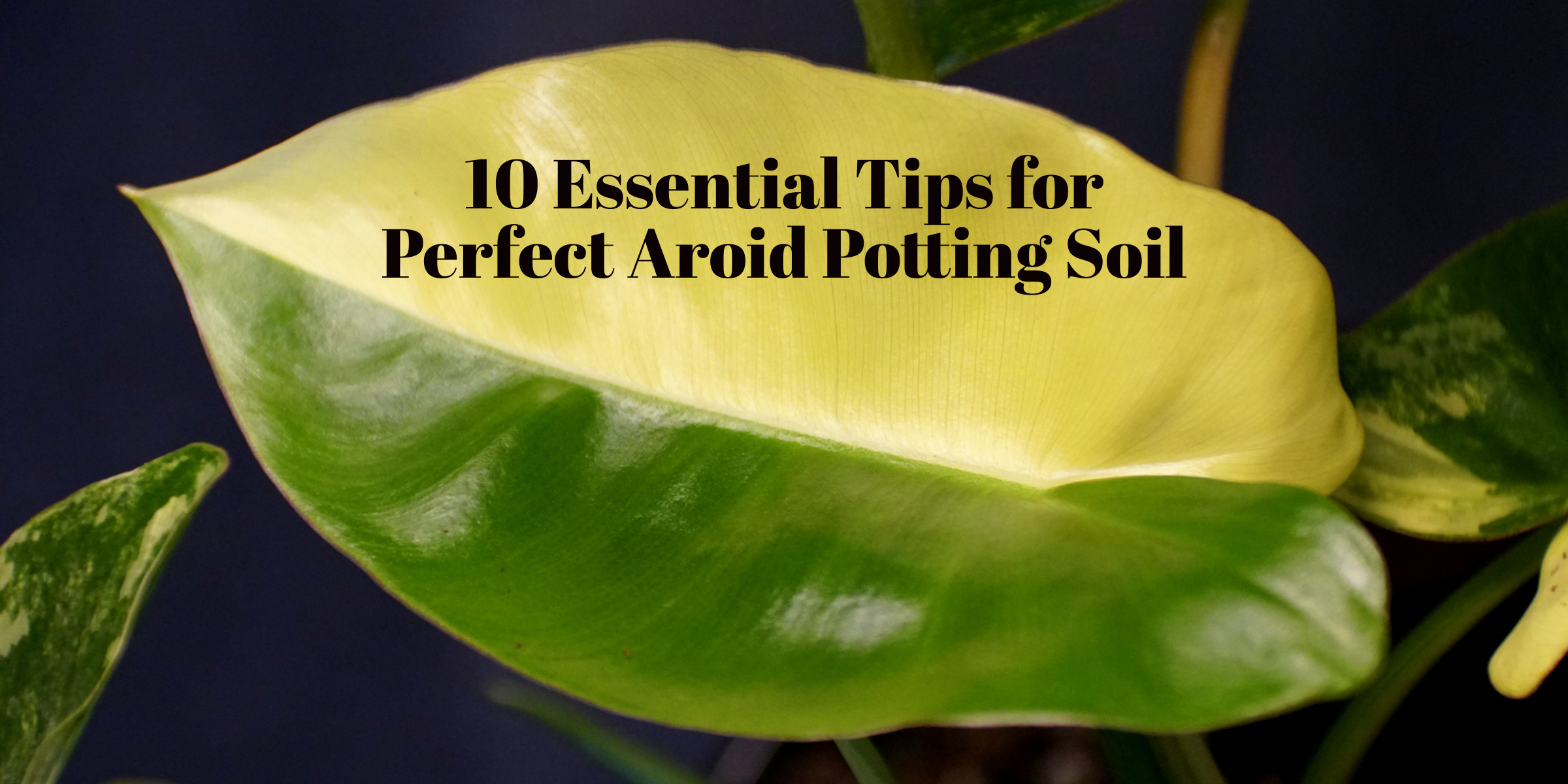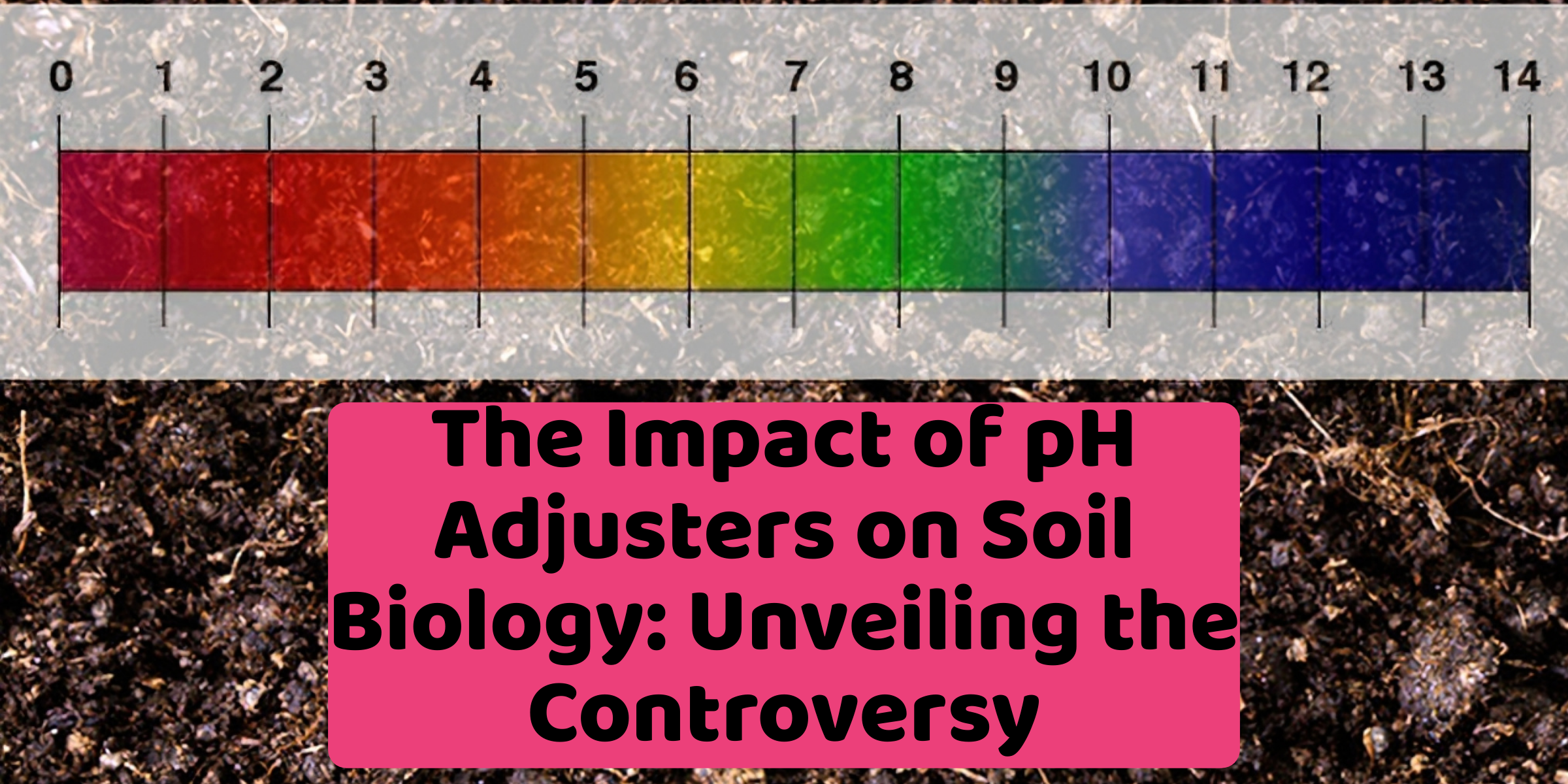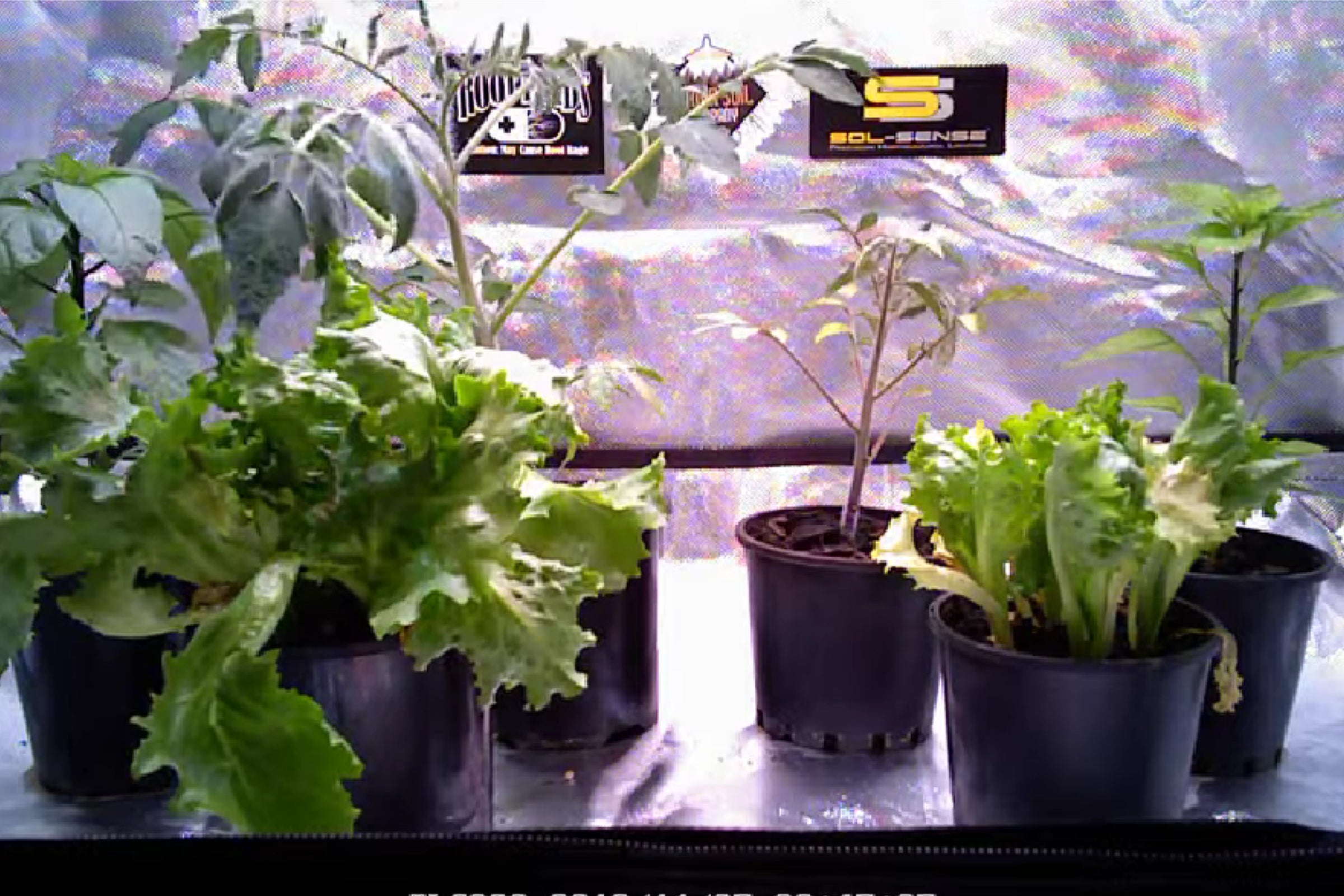Rock dusts, also known as rock minerals or rock powders, are a type of soil amendment made from finely ground rocks. If you're looking to improve the health and fertility of your garden soil, adding rock dusts can be a valuable solution. But not just any rocks, these mineral-rich amendments can provide a range of benefits, from improving soil structure and balancing pH levels to providing essential minerals for healthy plant growth.
Whether you're a seasoned gardener or just starting out in your journey, adding rock dusts to your soil can be an effective way to support a thriving ecosystem. In this blog post, we'll explore the benefits of adding rock dusts to your garden and potting soil, and help you understand how to choose and use them for best results.
The Importance of Rock Dusts for Garden and Potting Soil
Rock dusts, also known as rock minerals or rock powders, are a type of soil amendment made from finely ground rock material. These mineral-rich amendments can provide a wealth of benefits for garden and potting soil, including improved soil fertility, enhanced soil structure, and increased drought tolerance.
-
Soil Fertility: A Boost for Your Plants
One of the key benefits of rock dusts is their ability to enhance soil fertility. Rich in nutrients like magnesium, iron, phosphate, potassium, and calcium, rock dusts can help improve the overall fertility of your soil and provide your plants with the nutrients they need to grow strong and resilient. Furthermore, rock dusts can also help improve soil fertility by boosting the population of beneficial soil microorganisms, which play a crucial role in nutrient cycling and disease suppression.
-
Trace Minerals: Essential for Plant Health
In addition to improving soil fertility, rock dusts can also provide trace minerals that are vital for plant health and growth. Trace minerals such as silicon, manganese, zinc, and copper are necessary for photosynthesis, enzyme production, and the regulation of plant hormones. By adding rock dusts to your soil, you can help ensure that your plants have access to these important trace minerals.
-
Structure Matters: Improving Soil Structure with Rock Dusts
The fine, powdery texture of rock dusts can also help improve soil structure by increasing the availability of water and air to plant roots, which can lead to healthier plant growth and improved overall soil health. Additionally, rock dusts can help reduce soil compaction, making it easier for plant roots to penetrate the soil and access essential nutrients and water.
-
Withstand Drought
Rock dusts have been shown to enhance drought tolerance in plants. This can be especially beneficial in areas prone to drought or where water is scarce during certain times of the year. Plants exposed to rock dusts have been observed to have improved root systems that are better equipped to absorb water and nutrients from the soil, allowing them to better withstand periods of water stress. This is largely due to the microbial populations in which rock dust supports.
Choosing the Right Rock Dust for Your Garden and Potting Soil
When it comes to selecting the right rock dust for your garden and potting soil, there are a few important factors to consider. You'll want to look at the mineral content of the rock dust, as different types of rock dusts may have varying levels of essential nutrients and minerals. Some common types of rock dusts include basalt, volcanic, and glacial.
It's also important to consider any contaminants that may be present in the rock dust, such as heavy metals. To ensure the highest quality and safety.
When choosing the right rock dust for your garden and potting soil, it's also a good idea to consider the specific needs of your plants. For example, if your soil is particularly low in magnesium, you may want to choose a rock dust that is high in magnesium to help improve soil fertility.
-
Volcanic Rock Dust
Typical Analysis: Silica 50%, Potassium 3.39%, Phosphate 0.72 %, Magnesium 2.98 %, Iron 4.54 %, Nitrogen 0.04%, Zinc 0.01%, Calcium 5.83%, Manganese 0.17%, Sulphur 2.61%, Copper 0.05%
Volcanic rock dust, also known as volcanic ash, is a type of soil amendment made from finely ground rock material that has been formed from volcanic activity. This rock dust is rich in a variety of essential plant nutrients, including calcium, magnesium, iron, and other trace minerals. Because of its unique mineral content, volcanic rock dust can provide a range of benefits for garden and potting soil.
One of the main benefits of volcanic rock dust is its ability to improve soil fertility. The essential plant nutrients and trace minerals found in volcanic rock dust can help to balance soil pH, improve soil structure, and provide important nutrients for healthy plant growth. This can lead to stronger, healthier plants that are better able to withstand stress and disease.
In addition to its fertility-boosting benefits, volcanic rock dust can also help to improve soil structure by reducing soil compaction and increasing the availability of water and air to plant roots. This can lead to improved root growth and overall plant health.
Another advantage of volcanic rock dust is its ability to detoxify heavy metals that may be present in soil. By binding with heavy metals, volcanic rock dust can help to reduce the potential for heavy metal toxicity in soil, making it a safe and effective option for gardeners who are concerned about soil health and safety.
-
Glacial Rock Dust
Typical Analysis: Calcium 2 %, Iron 2.90%, Magnesium 1.00%, Manganeses 0.06%
Glacial rock dust is a soil amendment made from rock material formed through the grinding and erosion of glaciers. Unlike other types of rock dusts, glacial rock dust is composed of a unique mineral composition, including high levels of silica and other trace minerals. This mineral composition can provide a range of benefits for garden and potting soil.
One of the main benefits of glacial rock dust is its ability to enhance soil structure. The high levels of silica in glacial rock dust can improve soil structure by increasing the availability of water and air to plant roots, leading to healthier plant growth and improved soil health.
In addition to its soil structure benefits, glacial rock dust can also help to promote healthy plant growth by providing essential trace minerals. These trace minerals, including iron, calcium, and magnesium, are important for a range of plant processes, such as photosynthesis and the regulation of plant hormones.
Another advantage of glacial rock dust is its ability to improve soil fertility. The unique mineral composition of glacial rock dust can help to balance soil pH and provide essential nutrients for plant growth, leading to stronger, healthier plants that are better able to withstand stress and disease.
-
Palagonite
Typical Analysis – Silicon 22.30%, Titanium 1.44%, Aluminum 7.70%, Manganese 0.23%, Magnesium 3.30%, Calcium 5.10%, Sodium 2.36% Phosphorus 0.24%, Potassium 0.77%.
Palagonite rock dust is a soil amendment made from a rare type of volcanic ash that is formed through the interaction of lava with seawater. This unique rock dust is high in essential plant nutrients and minerals, including potassium, magnesium, and iron, making it a valuable addition to garden and potting soil.
One of the key benefits of palagonite rock dust is its ability to enhance soil structure. The high levels of potassium in palagonite rock dust can help to improve soil structure by increasing the availability of water and air to plant roots, leading to improved root growth and overall plant health.
In addition to its soil structure benefits, palagonite rock dust also has the unique property of being able to improve soil fertility by increasing the activity of beneficial soil microorganisms. These microorganisms play an important role in nutrient cycling and disease suppression, helping to create a healthy soil ecosystem that supports healthy plant growth.
Another advantage of palagonite rock dust is its ability to neutralize soil acidity, making it an ideal choice for gardeners looking to improve soil pH. The high levels of magnesium and other essential nutrients in palagonite rock dust can help to balance soil pH, leading to improved plant growth and overall soil health.
-
Black Basalt Rock Dust (Olivine)
Typical Analysis - pH 8.5, Silica 43%, Calcium 7%, Magnesium 14%, Potassium 1.7%, Iron 14%, Manganese 0.2%
Black basalt rock dust, also known as olivine rock dust, is a soil amendment made from finely ground rock material formed from volcanic activity. This rock dust is rich in a variety of essential plant nutrients and minerals, including iron, magnesium, and calcium, making it a valuable addition to garden and potting soil.
One of the main benefits of black basalt rock dust is its ability to improve soil fertility. The essential plant nutrients and minerals found in black basalt rock dust can help to balance soil pH, improve soil structure, and provide important nutrients for healthy plant growth, leading to stronger, healthier plants that are better able to withstand stress and disease.
In addition to its fertility-boosting benefits, black basalt rock dust can also help to improve soil structure by reducing soil compaction and increasing the availability of water and air to plant roots. This can lead to improved root growth and overall plant health.
Another advantage of black basalt rock dust is its ability to provide a natural source of iron and other essential trace minerals that are important for plant health and growth. By adding black basalt rock dust to your soil, you can help to ensure that your plants have access to these important trace minerals.
Carbon Sequestration with Rock Dusts
Soil amendments, such as rock dusts, can play a crucial role in carbon sequestration by improving soil health and boosting organic matter content. This process is rooted in the vital relationship between plants and soil.
When rock dusts are added to soil, they provide necessary nutrients and minerals for the growth of strong, healthy plants. These plants absorb carbon from the air via photosynthesis and store it in their roots, stems, and leaves. Upon the plants' death and decay, this carbon transforms into organic matter in the soil.
Over time, this organic matter enriches soil fertility and structure, making it easier for new plants to grow and continue the carbon sequestration cycle. Furthermore, rock dusts foster the growth of beneficial soil microorganisms, which contribute to nutrient cycling, disease suppression, and an increase in soil organic matter.
Black Basalt is considered one of the best minerals for carbon sequestration for several reasons:
- Reactivity with CO2: Black Basalt has a naturally high reactivity with CO2 and can dissolve in seawater, forming magnesium carbonate, a mineral that is known to sequester carbon. This process can occur naturally over time, but can also be accelerated through the use of olivine in soil amendments and other applications.
- High magnesium content: Black Basalt is high in magnesium, a mineral that is essential for healthy soil and plant growth. Magnesium helps to improve soil fertility, structure, and water-holding capacity, which can support the growth of healthy plants that absorb and store more carbon from the atmosphere.
- Abundant and widely available: Black Basalt is one of the most abundant minerals on Earth and is widely available in many parts of the world, making it a readily accessible option for carbon sequestration.
- Sustainable and eco-friendly: Black Basalt is a naturally occurring mineral that is non-toxic and does not release any harmful chemicals into the environment. This makes it a sustainable and eco-friendly option for carbon sequestration.
Enhancing Soil Biology with Rock Dusts
Rock dusts can play a crucial role in enhancing soil biology by providing vital nutrients and minerals to support the growth of beneficial soil microorganisms. These microorganisms are the backbone of a healthy soil ecosystem, promoting nutrient cycling and disease suppression for stronger plant growth.
By adding rock dusts to soil, you can:
- Boost organic matter: Rock dusts can increase the organic matter content of soil, providing a rich food source for soil microorganisms.
- Improve soil structure: The fine particle size of rock dusts can improve soil structure, increasing the availability of water and air for plant roots
- Supply trace minerals: Rock dusts can also provide trace minerals, such as manganese, zinc, and copper, that are important for plant and soil health.
- All of these benefits can lead to a more diverse and thriving population of soil microorganisms, resulting in a healthier and more active soil ecosystem.
In conclusion, rock dusts are a valuable soil amendment that can provide numerous benefits for garden and potting soil. From improving soil fertility and providing essential trace minerals, to improving soil structure and enhancing drought tolerance, rock dusts can support a thriving garden ecosystem. The addition of rock dusts to soil can also play a crucial role in carbon sequestration and enhancing soil biology.
When choosing rock dusts for your garden or potting soil, it's important to consider the source of the rock dust, the mineral content, and any potential contaminants. Different types of rock dusts, such as volcanic, glacial, and black basalt rock dust, each offer unique benefits and should be selected based on the specific needs of your soil and plants.




















